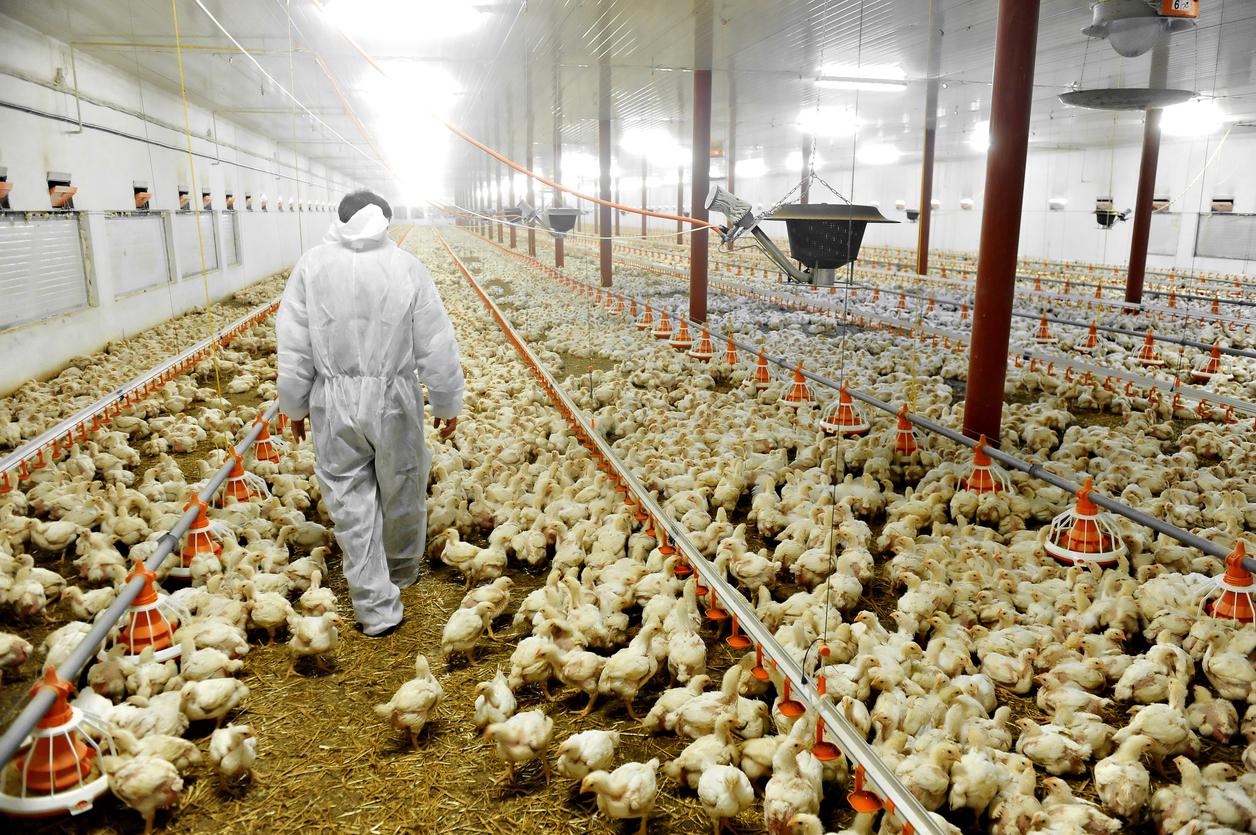We’re facing the possibility of an antibiotic apocalypse – this is how it could be stopped
The animal health industry is now concentrating on creating animal-only antibiotics, and giving nutritional supplements to chickens to boost their immune systems

Recent warnings that the world is running out of antibiotics are only further confirmation of what we already feared: antibiotic resistance is a threat that can cost lives.
But in the battle to protect our global health, we humans have an ally in close quarters that should not be underestimated: the animals at our sides.
Whether or not the use of antibiotics in animals has contributed to the rise of drug-resistant disease, the health of humans and animals remains intrinsically linked.
Three of the drug-resistant threats identified in the US – primarily campylobacter and salmonella – can originate in animals, and 70 per cent of emerging diseases can infect both humans and animals.
Ultimately, the challenge is how to treat disease while preserving medicines. It is a battle that must be fought on two fronts.
First, we need to better manage the use of existing antibiotics to safeguard our last line of defence.
Second, as WHO Director General Tedros Adhanom Ghebreyesus has urged, we must develop alternatives to either treat or prevent disease through substantial and targeted investment in medical research and development.
Across the animal health industry, the fight to antibiotic resistance is concentrated on both fronts.
When it comes to minimising the use of antibiotics, they have developed the technology to use blood samples from animals to create custom vaccines for specific herds based on specific diagnoses.
This means that within four to five weeks, a more effective, targeted treatment is available that gets to the heart of the complaint without the unnecessary use of a “standard” vaccine.
Elsewhere, they have developed web-based programmes that help farmers and veterinarians better identify and prevent disease outbreaks. For example, an app in the US helps them manage porcine respiratory disease complex (PRDC), a pig disease that halts growth and causes fever and anorexia, allowing for preventative steps that reduce the need for medicine and treatment.
And in terms of animal health innovations, the industry is working to develop animal-only antibiotics that target certain species. This reduces the risk of resistance developing that affects humans because the drug is not used for people in the first place. Just last year, new drugs were approved in the US for pork and poultry, which will protect animal health without compromising human health.
Finally, companies are also producing natural nutritional supplements, which have been shown to improve the overall health of poultry and lead to fewer health problems, reducing the need for antibiotics.
Our animal health companies are investing in the development of new products, diagnostics, and management of existing products. These innovations are already bearing some fruit in reducing our reliance on antibiotics – but it can’t solve the problem entirely.
Too often, the animal health sector is the scapegoat when it comes to the problem of growing levels of drug resistance. But research has found that addressing antibiotic resistance in animals alone does little to tackle the problem in people.
Instead, it has to be an equal partner in the fight. Initiatives such as the new international collaboration hub on antimicrobial resistance, as announced by G20 leaders this year, focuses rightly on cooperation across a number of industries. Pointing the finger singularly at the meat industry doesn’t actually do much to help the crisis – animal health is important, but the problem now exists much higher up the food chain as well.
Whether it is developing the vaccines that can stave off disease and subsequent antibiotic treatments or finding new ways to supplement feeds, animal medicine continues to impact human medicine. So human medicine has to be a part of preventing disaster too.
In the face of a growing global health emergency, we survive only through that cooperation and innovation. And it is in the interests of both humans and animals that together we tackle antibiotic resistance.
Carel du Marchie Sarvaas is the Executive Director of HealthforAnimals

Join our commenting forum
Join thought-provoking conversations, follow other Independent readers and see their replies